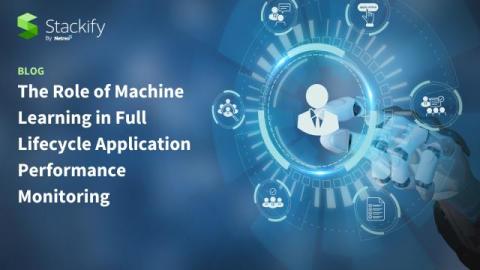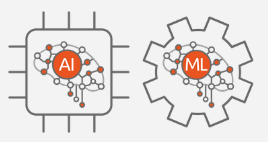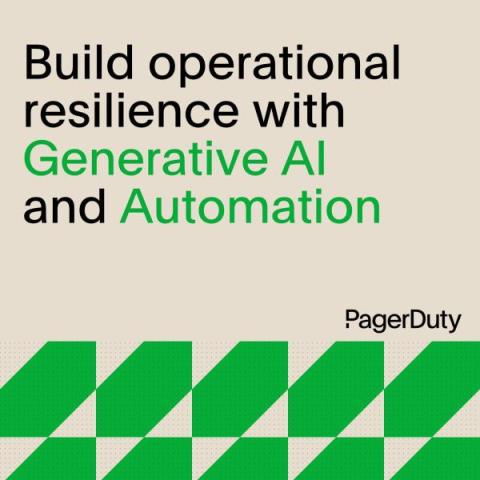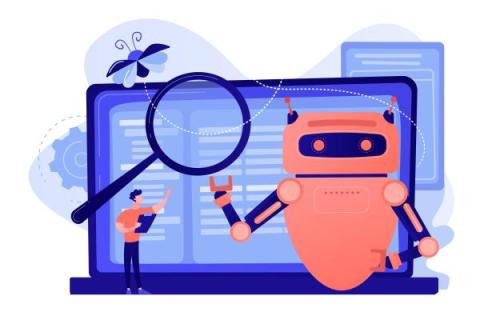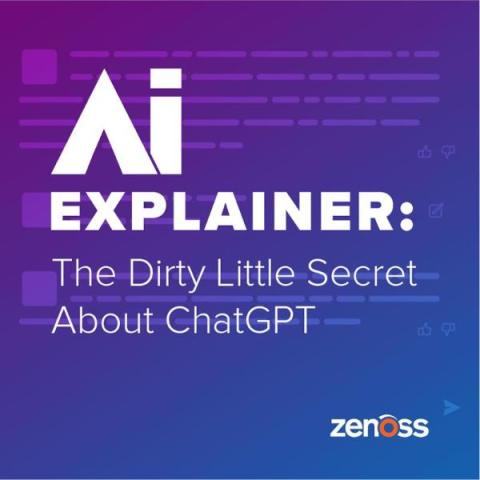ML and APM: The Role of Machine Learning in Full Lifecycle Application Performance Monitoring
The advent of Machine Learning (ML) has unlocked new possibilities in various domains, including full lifecycle Application Performance Monitoring (APM). Maintaining peak performance and seamless user experiences poses significant challenges with the diversity of modern applications. So where and how does ML and APM fit together? Traditional monitoring methods are often reactive, resolving concerns after the process already affected the application’s performance.


